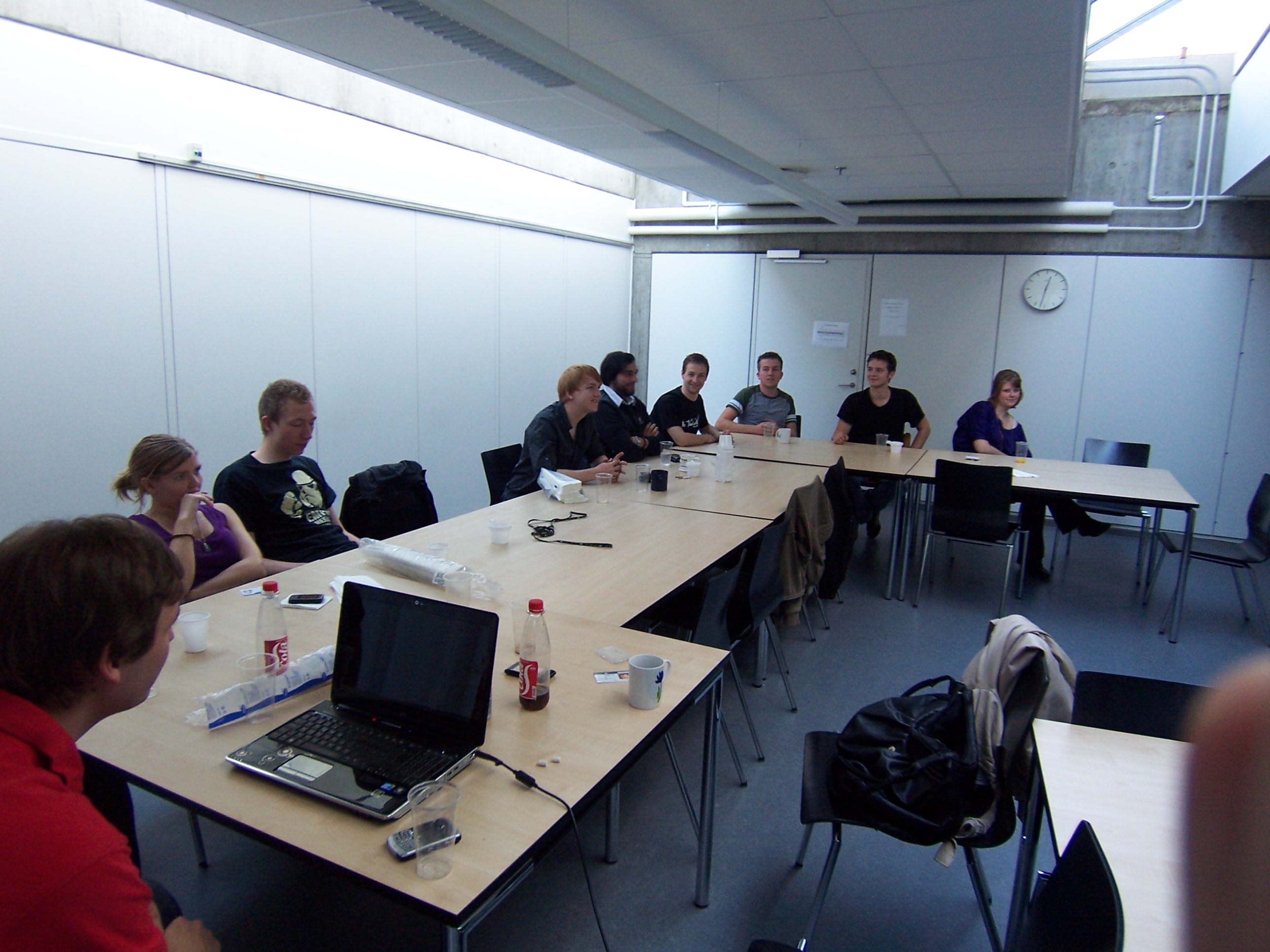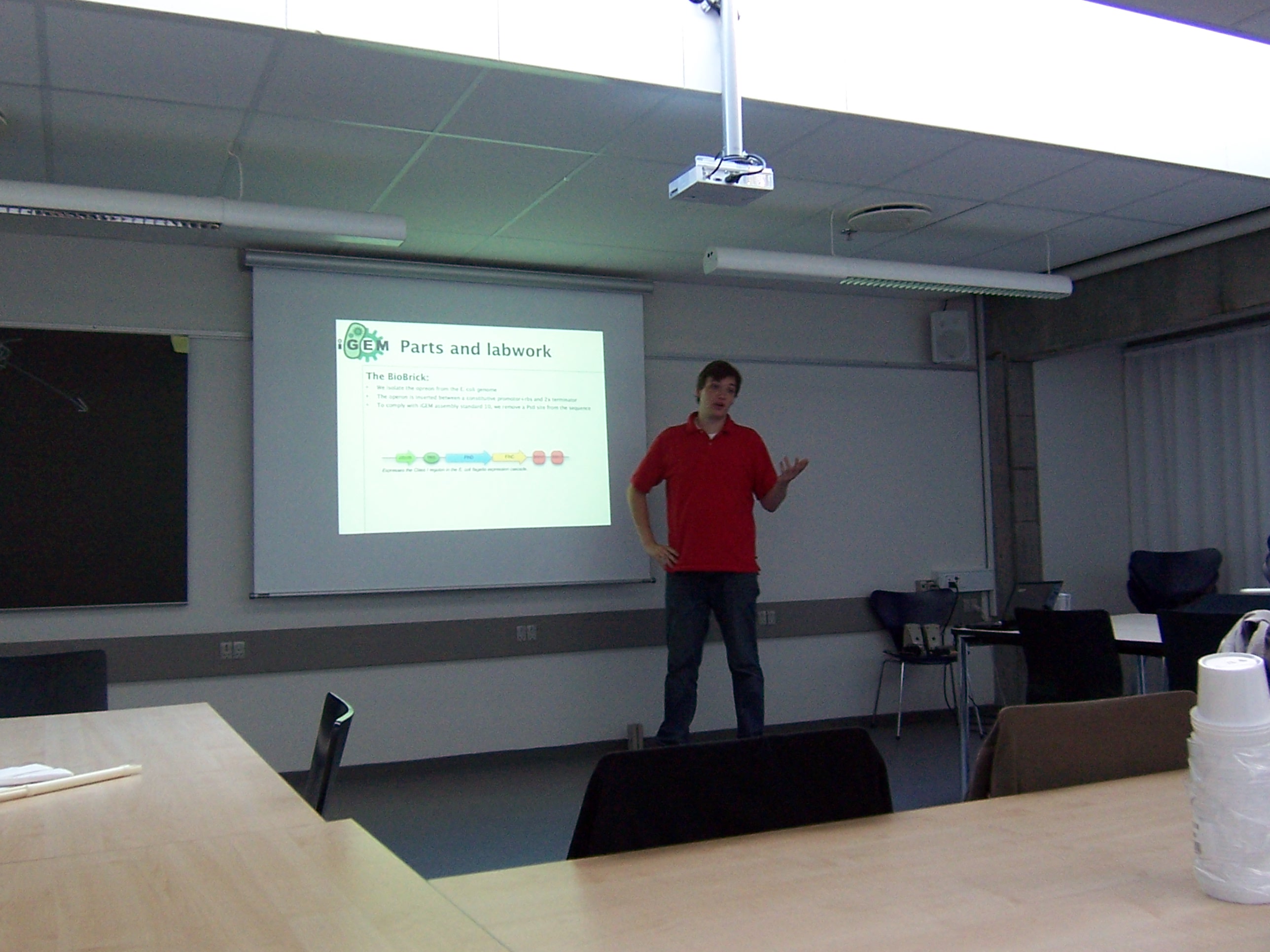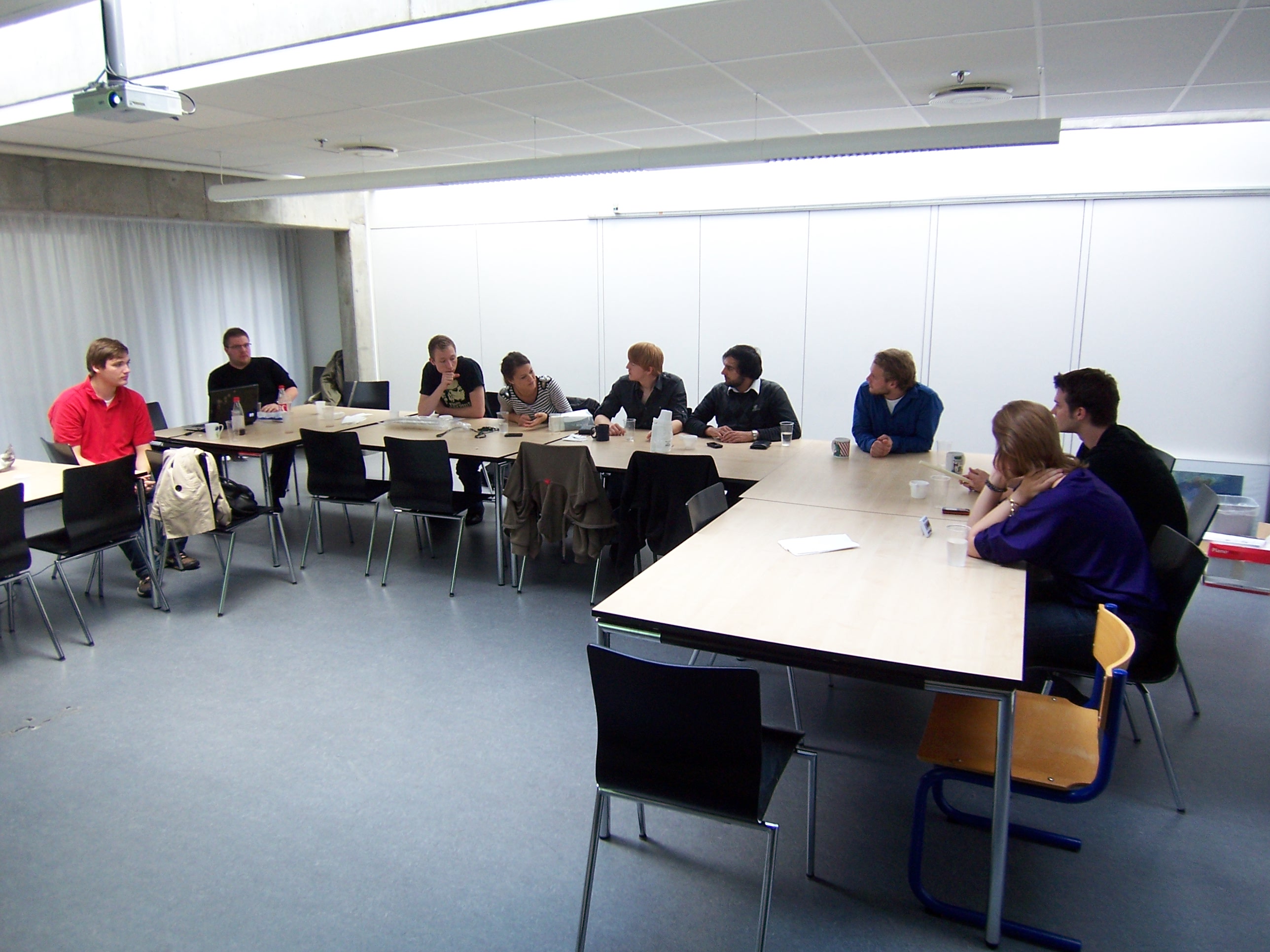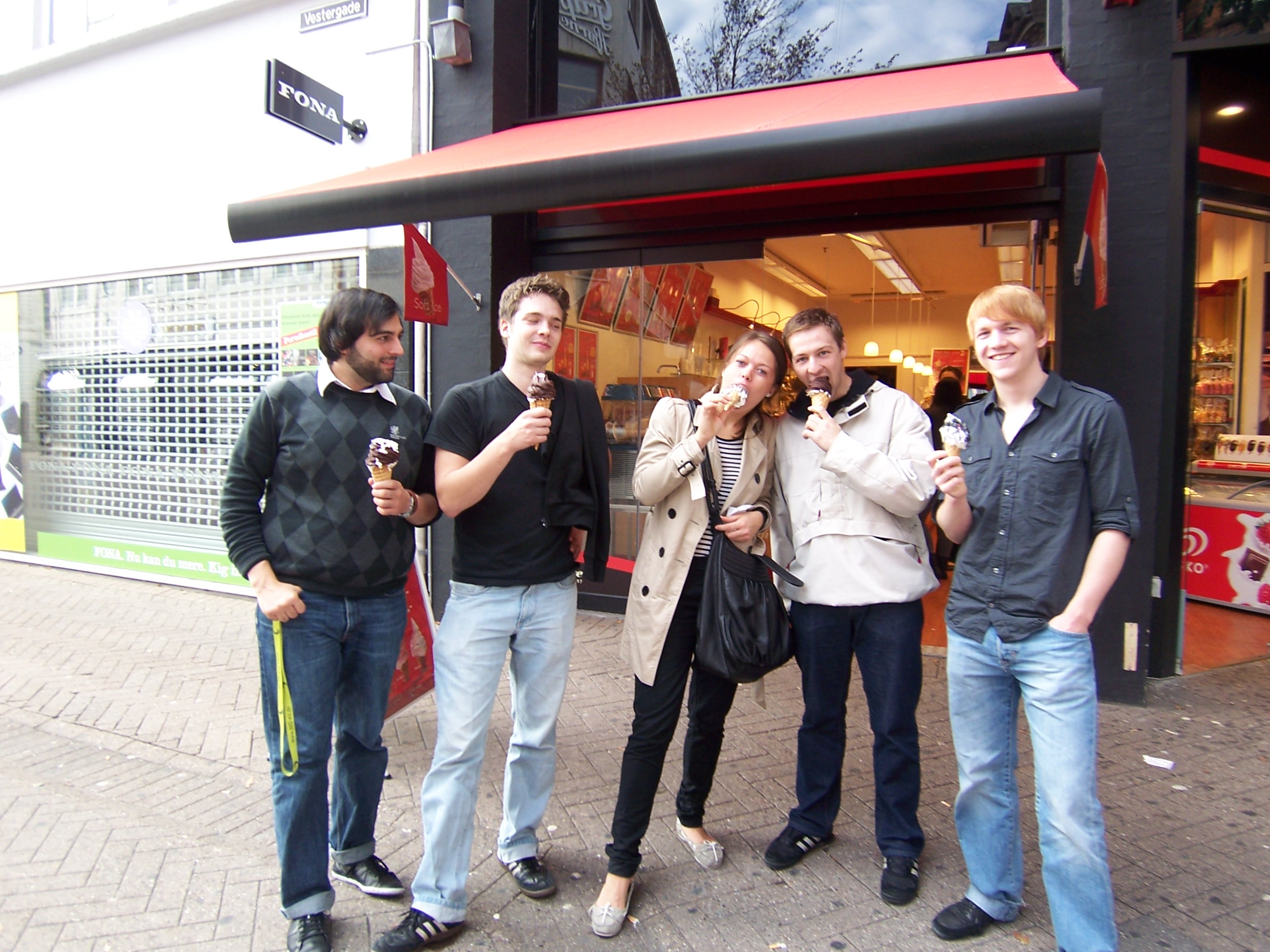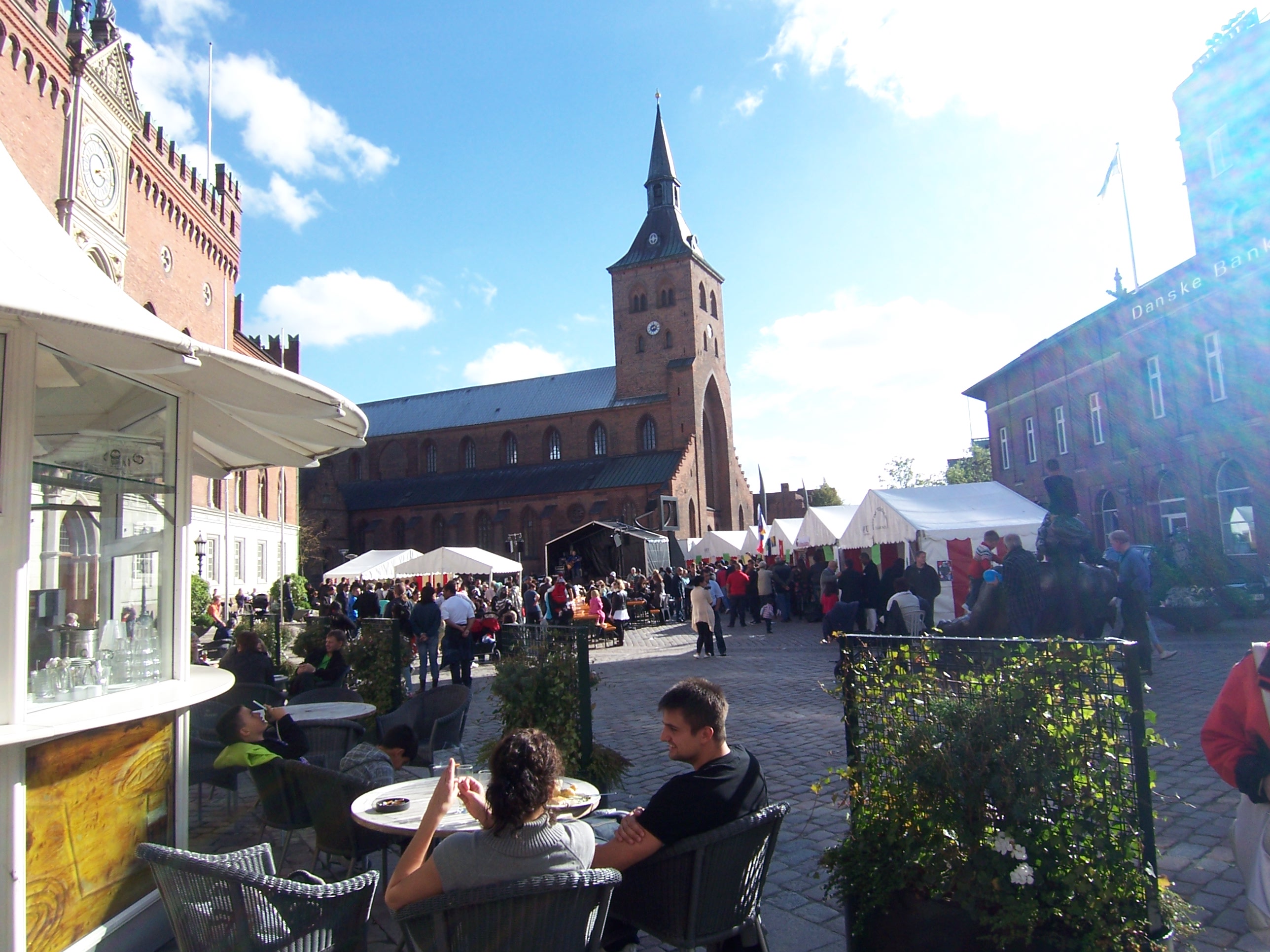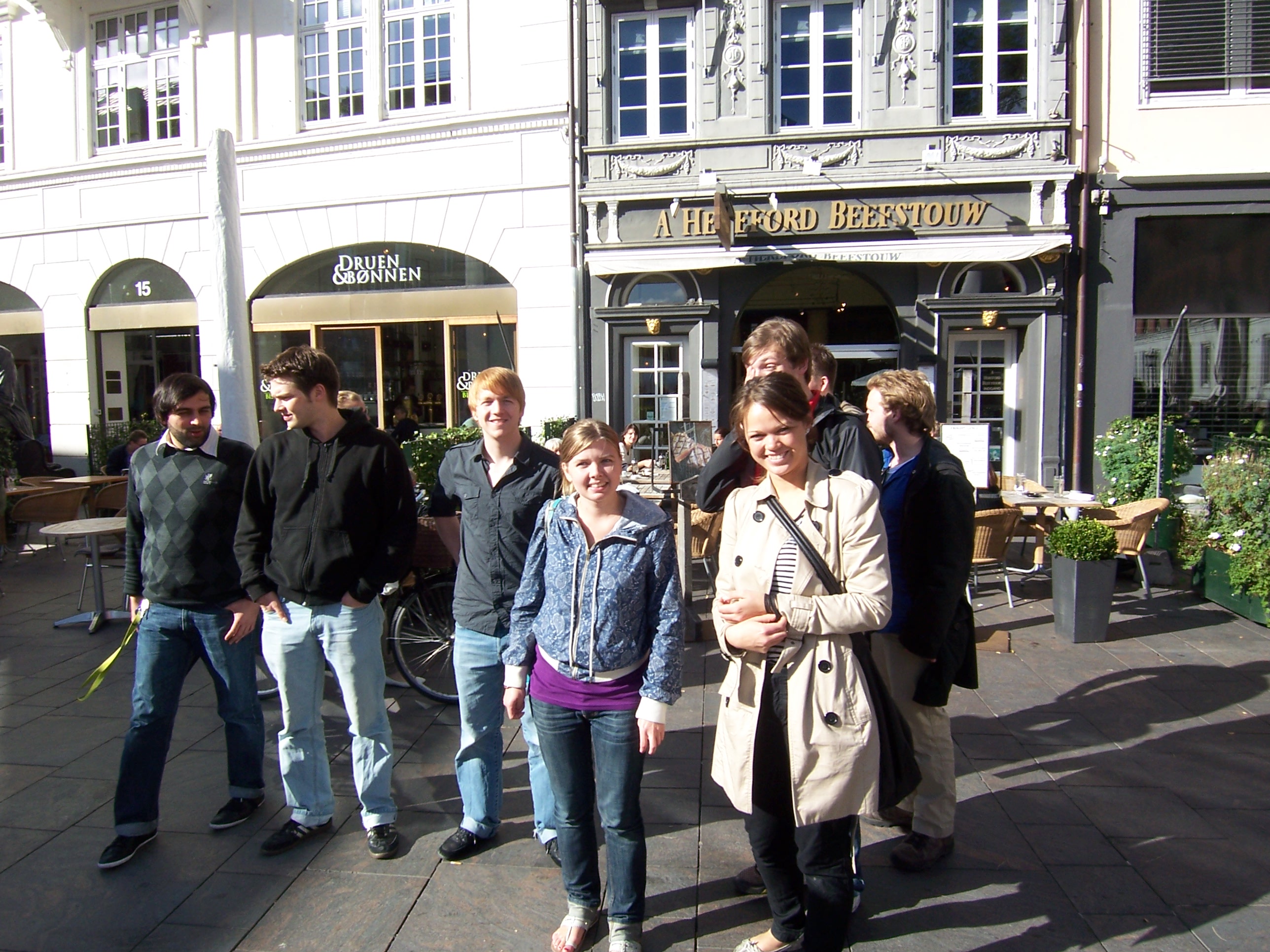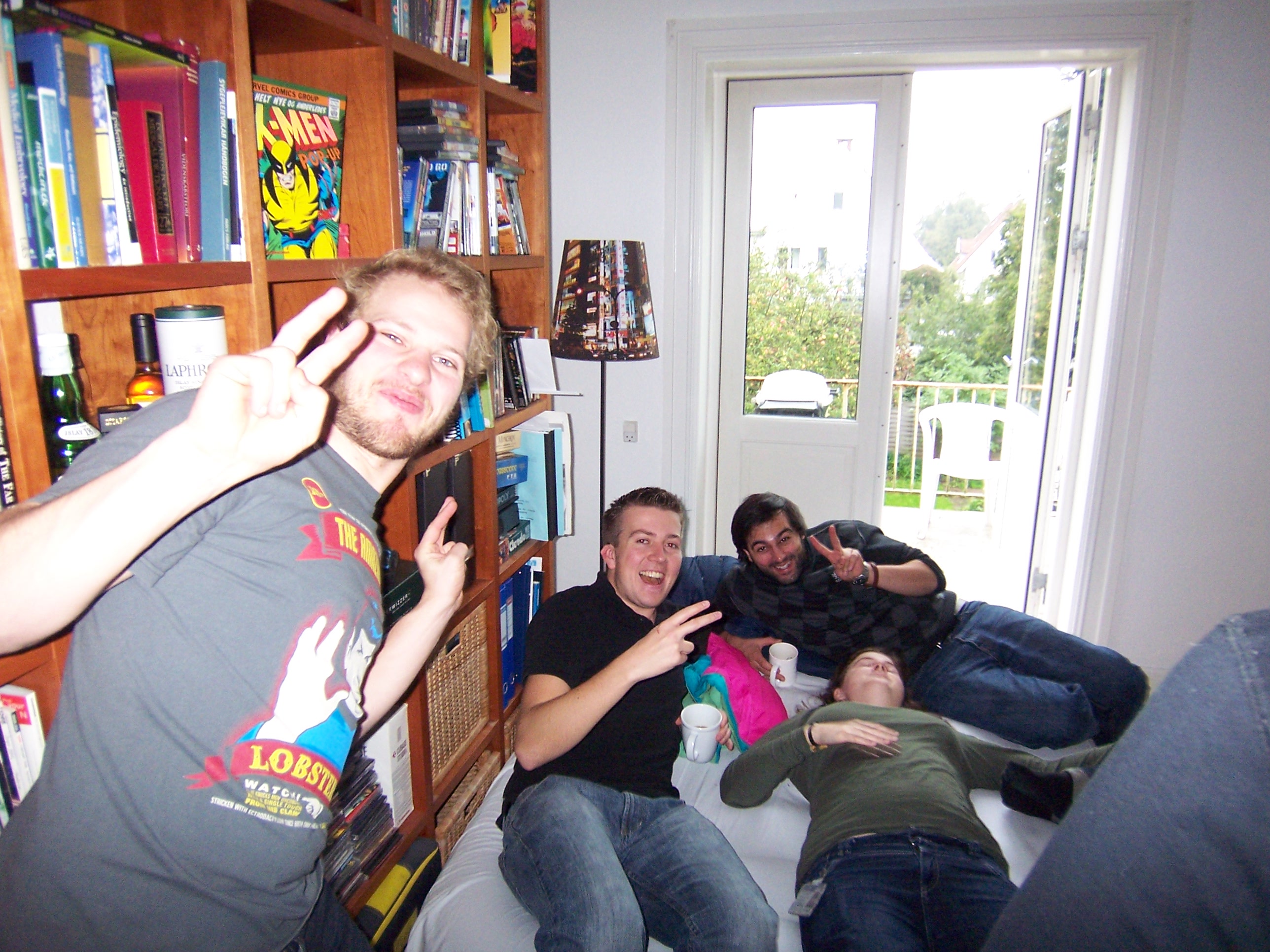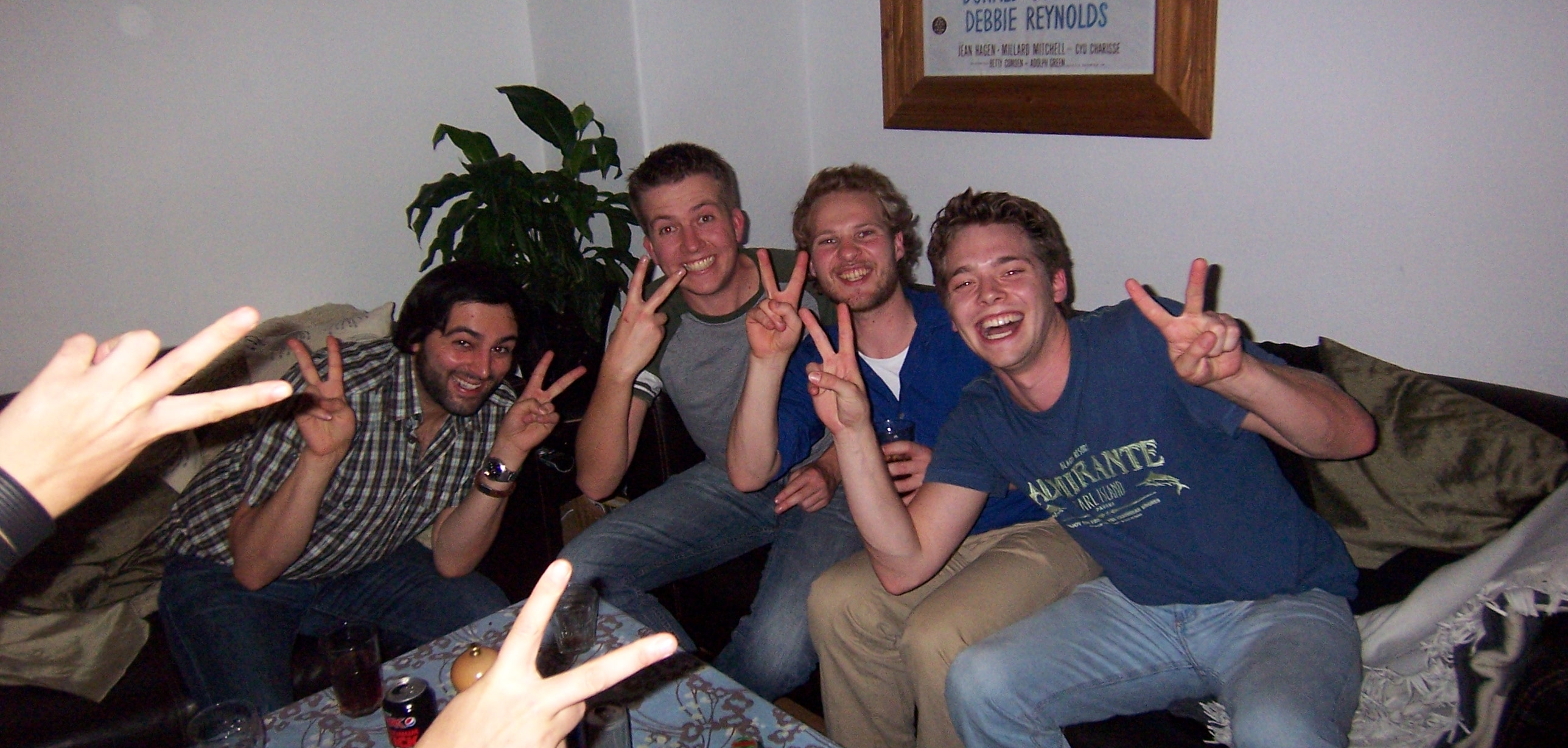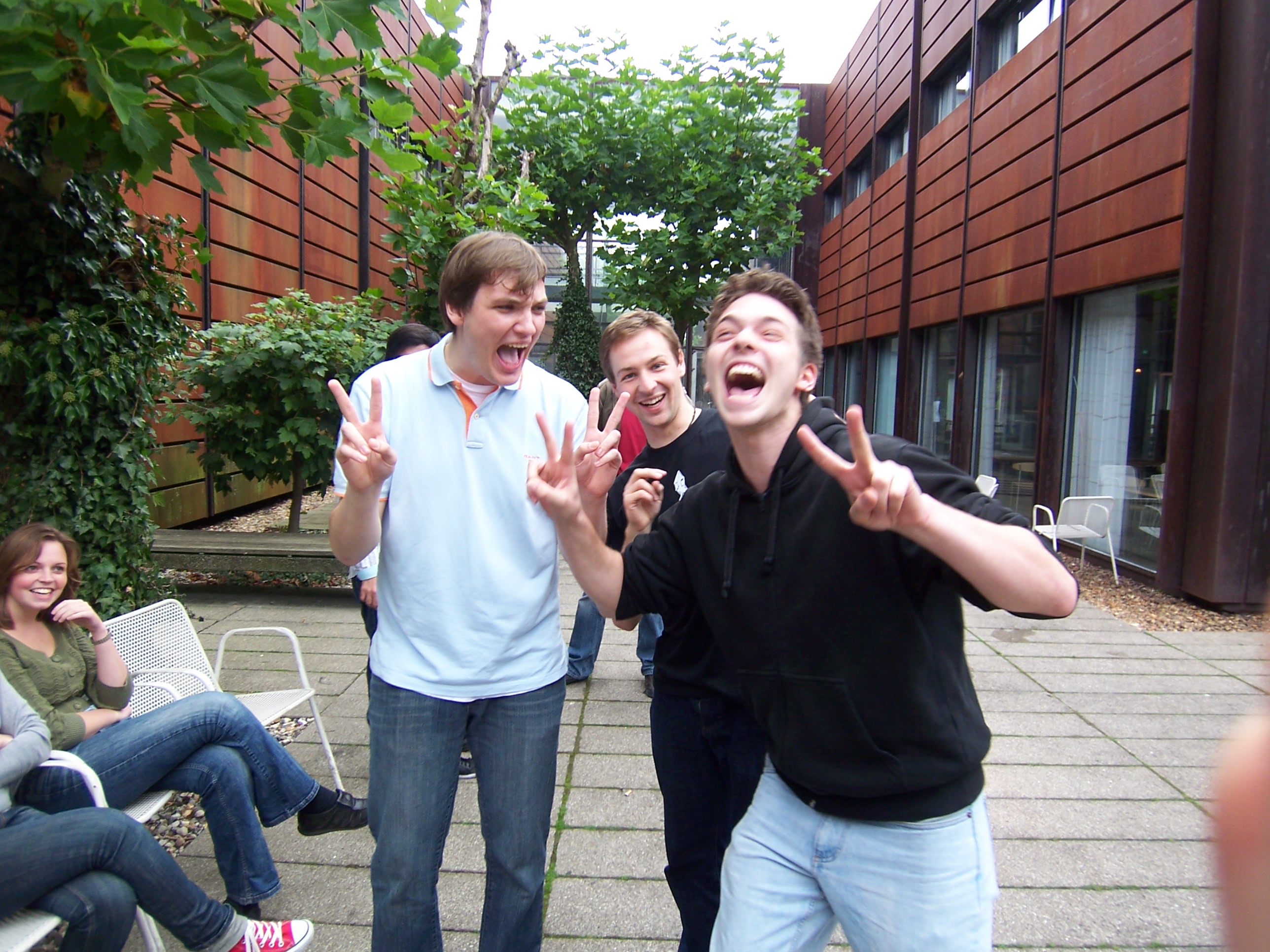Team:Bielefeld-Germany/Judging/Helping
From 2010.igem.org
(→Cooperation with iGEM team SDU-Denmark) |
(→Correction of faulty BioBricks - VirA from Agrobacterium tumefaciens (BBa_K238008, iGEM09_KULeuven)) |
||
| Line 20: | Line 20: | ||
=Helping other teams= | =Helping other teams= | ||
| - | == Correction of faulty BioBricks - VirA from ''Agrobacterium tumefaciens'' (BBa_K238008, iGEM09_KULeuven) == | + | == Correction of faulty BioBricks - VirA and VirB from ''Agrobacterium tumefaciens'' (<partinfo>BBa_K238008</partinfo> and <partinfo>BBa_K238011</partinfo>, iGEM09_KULeuven) == |
| - | Initially, we wanted to use | + | Initially, we wanted to use these parts in our project, but could only obtain unexpected/faulty restriction patterns. Finally we chose to sequence the parts, hoping to find the cause for the maintained restriction patterns. Unfortunately we could not approve the sequences of <partinfo>BBa_K238008</partinfo> and <partinfo>BBa_K238011</partinfo> deposited in the partsregistry so that we chose to design our own VirA and VirB BioBricks. We strongly recommend using our VirA receptor and VirB promotor since it has been approved by multiple means, e.g. restriction patterns and sequencing (<partinfo>K389001</partinfo> and <partinfo>BBa_K389003</partinfo>). |
| - | + | ||
== Cooperation with iGEM team SDU-Denmark == | == Cooperation with iGEM team SDU-Denmark == | ||
Revision as of 00:23, 28 October 2010
Helping other teams
Correction of faulty BioBricks - VirA and VirB from Agrobacterium tumefaciens (<partinfo>BBa_K238008</partinfo> and <partinfo>BBa_K238011</partinfo>, iGEM09_KULeuven)
Initially, we wanted to use these parts in our project, but could only obtain unexpected/faulty restriction patterns. Finally we chose to sequence the parts, hoping to find the cause for the maintained restriction patterns. Unfortunately we could not approve the sequences of <partinfo>BBa_K238008</partinfo> and <partinfo>BBa_K238011</partinfo> deposited in the partsregistry so that we chose to design our own VirA and VirB BioBricks. We strongly recommend using our VirA receptor and VirB promotor since it has been approved by multiple means, e.g. restriction patterns and sequencing (<partinfo>K389001</partinfo> and <partinfo>BBa_K389003</partinfo>).
Cooperation with iGEM team SDU-Denmark
Our team was highly motivated to get in contact with other teams and help teams from other countries. During the European workshop in Paris we met members of the iGEM team from SDU-Denmark and the idea of an intense cooperation came up. After the workshop in Paris we held video conferences and discussed current issues of our projects, like problems with the assembly of BioBricks and parts from the registry that did not show the desired function (e.g. <partinfo>K238008</partinfo>). Especially as we took part in the iGEM competition for the first time we were really grateful for the help of the Danish team, which shared their practical experience with us.
After a few conferences the idea was born to meet in person and the Danish team invited us to the beautiful city of Odense. On September 24th half of our team got up very – very - very early (3 am) and drove to Denmark. As we were really tired after 8 hours in a small car, we were happy that the team from SDU welcomed us with a relaxed day of playing video games and eating pizza after a short tour through their university and laboratories.
The next day we started the more serious part of our cooperation by presenting our iGEM projects to each other. The main purpose was to determine if any critical information was missing in our slides and if other teams were able to understand our project. We hope that this examination will help us to improve our ability to express our project ideas at the jamboree at MIT in a short period of time. After the presentations held by each team we started an inspiring discussion and critical reviewed the experiments and results shown by the other team. This debate was aimed to identify gaps in the setup of experimental strategies, in order to be able to redo few experiments with new controls.
At the end of our meeting ideas came up to actually control certain experiments of each group at the laboratories of the other team. With this helping of the partner team we want to secure the reproducibility of our scientific results at another location, done by other people. For this purpose we tested the quality of <partinfo>K343006</partinfo> from the SDU team, by quantifying the percentage of different plasmid confirmations (ccc, oc and linear) using CGE ([http://partsregistry.org/Part:BBa_K343006:Experience Experience]). In return the Danish group characterized our <partinfo>K389016</partinfo> according to size and function.
Besides our hard work in Odense we also had a lot of fun with the Danish team. Later that day, we went for a trip in the Old Town of Odense and tried Danish specialties like Danish hot dogs and liquorice ice cream. In preparation of our trip to the US the Danish team invited us to a bowling night the last evening.
 "
"




